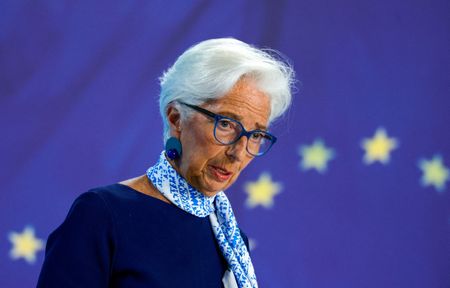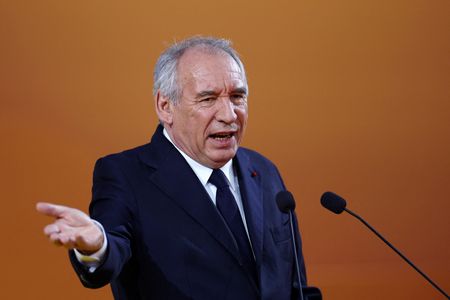By Simon Jessop
LONDON (Reuters) -The number of Europe’s biggest listed firms to face investor unrest over their executive pay plans rose by nearly a quarter this year, led by a jump in revolts at meetings in Spain, data from corporate governance consultants Georgeson showed.
Among major companies in nine of Europe’s biggest stock markets to put future remuneration plans to the vote this year, 37.9% received over 10% opposition, up from 30.7% a year earlier, a report showed. This represented a 23% increase in the number of firms.
Among blue-chip names to face pushback were Britain’s InterContinental Hotels Group, which saw just 69.5% of investors back its plan; and Italian bank UniCredit, which got 66.5% support.
For the first time, the scale of opposition to future pay policy – which can prompt a company to change its plans – exceeded that for the pay report on the year that had ended.
“Investors appear more willing to challenge executive pay through a more confrontational and disruptive approach by opposing companies’ binding remuneration policy resolution frameworks,” Georgeson Global Chief Executive Cas Sydorowitz said.
“By voting ‘against’ such resolutions, investors directly challenge future executive compensation structures, which also include long-term incentive plans.”
The biggest jump in opposition was in Spain, where more than half of votes were contested. In Britain, home to Europe’s biggest stock market by capitalisation, 25% of votes received material opposition.
In all, six of the nine markets tracked, including Belgium, Germany, France and the Netherlands, saw an increase in opposition to pay policies.
Louise Dudley, portfolio manager at Federated Hermes, said in comments alongside the data that the objections cited included long-term incentive awards that vest too early, and insufficient shareholding requirements for key leaders.
Yousif Ebeed, corporate governance lead at asset manager Schroders, meanwhile, said support continued to rest on “sufficiently stretching performance targets and clear alignment between executive pay outcomes and company performance”.
(Reporting by Simon Jessop; Editing by Kevin Liffey)









